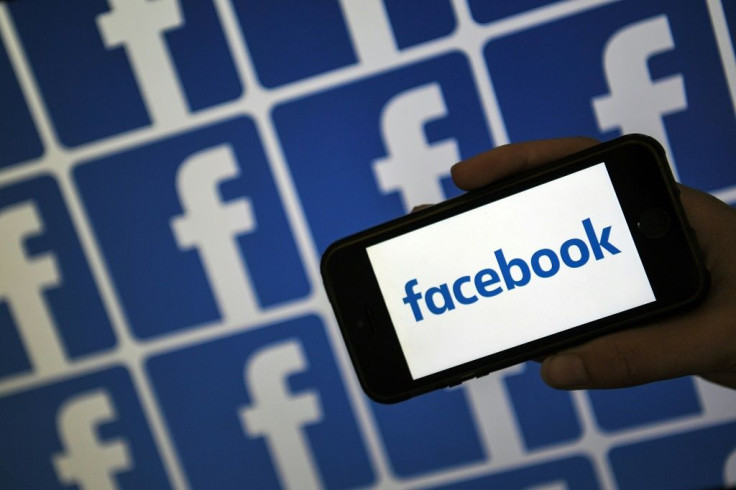Facebook Labels State-controlled Media Posts, Will Block Ads
Facebook on Thursday began labelling media organizations whose editorial calls may be under the influence of governments and said ads from those outlets would be blocked later this year.
The social network is following through on a previously announced plan to label state-controlled news publishers, according to Facebook head of cybersecurity policy Nathaniel Gleicher.
"We believe people should know if the news they read is coming from a publication that may be under the influence of a government," Gleicher said in a blog post.
Facebook later this year will begin adding similar labels to ads by such news outlets, blocking them entirely ahead of the US presidential election in November "to provide an extra layer of protection against various types of foreign influence in the public debate," according to Gleicher.
Facebook's definition of state-controlled media includes influence over editorial content as well as financial backing of outlets, he explained.

Labels will appear globally in Facebook's advertising library and on pages. In the US, labels will also appear on posts in News Feeds at the leading social network, according to Gleicher.
"If we determine that there are enough protections in place to ensure editorial independence, we will not apply the label," Gleicher said.
Facebook said it consulted "more than 65 experts around the world specializing in media, governance, and human rights and development" to establish its policy on state media.
The move comes with Facebook under scrutiny for failing for stem foreign interference in the 2016 US election, and amid heated debate over how the social network handles misinformation and inflammatory posts, including from US President Donald Trump.
Facebook is also in the process of setting up a "supreme court" or oversight board to make binding determinations on content removal.
© Copyright AFP 2024. All rights reserved.











